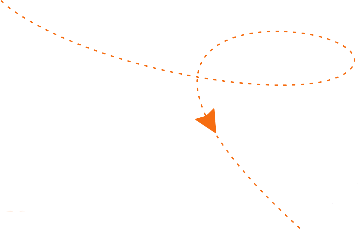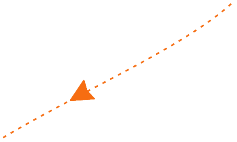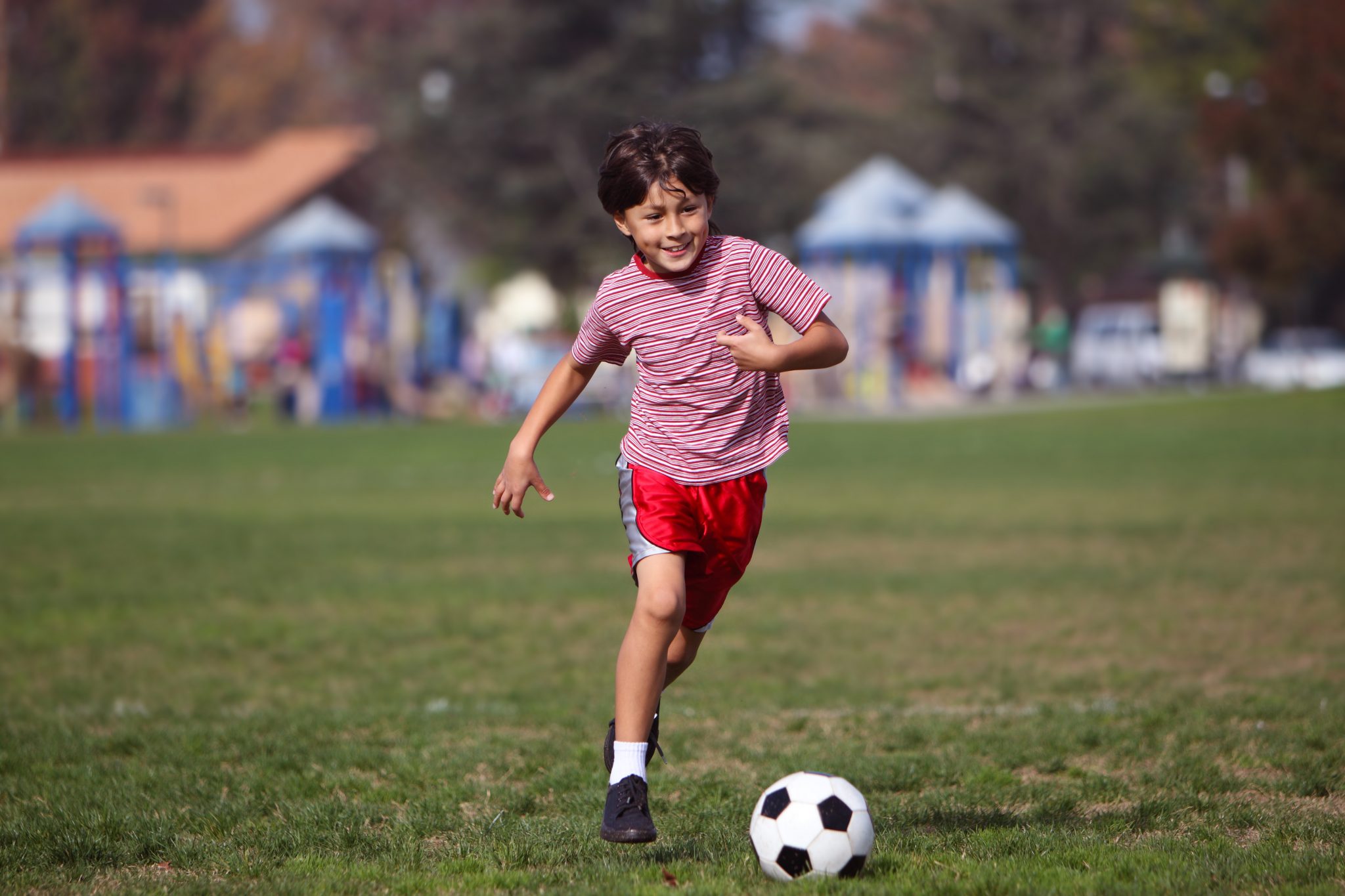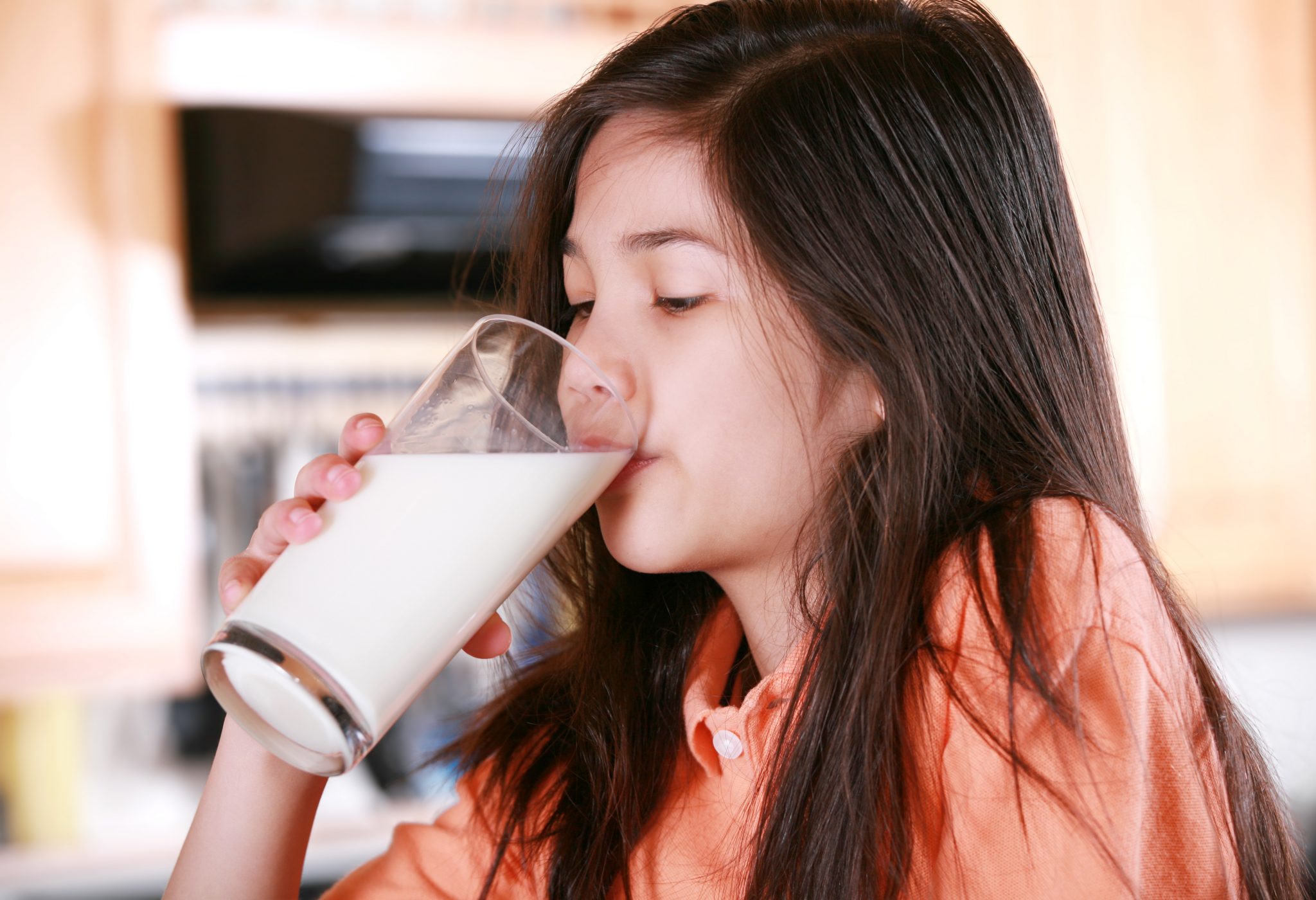How to talk to kids about mental health : the do’s
Home
Parenting Topics
Parenting Preparedness
Infographics
Tips to get your child physically ready for a return to school
Physical health is essential, especially for children. Learning good habits early in life keeps them physically, and mentally healthy. It also helps them manage their academic performance.
Offer Support
Let your child know that you’re therefor them. Allow them to express themselves without fear of repercussions.

Validate Their Feelings
Tell them that it’s normal to feel sad, angry, scared, and stressed, and that you feel that way too sometimes. Empathise with them by saying things like, “That sounds really difficult”.

Express Your Intentions
Tell your child that you have noticed them feeling sad or acting differently, and let them know that you arethere to help.

Start TheConversation Early
Give your child opportunities to openup to you by creating space for healthy discussions from a young age. Start by asking open-ended questions like, “Did you talk to your friends today?”.

Model Conversations About Mental Health
Encourage your child to talk about their feelings, by sharing yours. Do not share age-inappropriate information with them, but share that you—for example—do yoga because it keeps you mentally fit.

Seek Help
If you are struggling to connect with your child, reach out to a mental health professional. Sometimes children feel more comfortable speaking to external parties. Your family doctor can refer you to a mental health professional.
Popular Topics

How VIT D helps in building sustained str...
Reviewed By Apurva Surve, Sports Nutritionist
ARTICLE |3 MINS

How VIT D helps in building sustained str...
Reviewed By Apurva Surve, Sports Nutritionist
ARTICLE |3 MINS

How VIT D helps in building sustained str...
Reviewed By Apurva Surve, Sports Nutritionist
ARTICLE |3 MINS
What Do You Want Out Of Your Journey As A Parent And As A Person?
Attempt to pick 5 from each set to arrive at what will probably keep you content.
What Drives Me?
As a person…
1. Treating my career as important.
- Hormones change as puberty begins.
2. Taking care of my family.
- Hormones change as puberty begins.
3. Being financially stable.
- Hormones change as puberty begins.
4. Considering fitness and health to be important.
- Hormones change as puberty begins.
5. Consciously taking out ‘me time’.
- Hormones change as puberty begins.
6. Building meaningful relationships with family and friends.
- Hormones change as puberty begins.
7. Working towards better spiritual and mental health.
- Hormones change as puberty begins.
8. Embracing my failures.
- Hormones change as puberty begins.
9. Working on self-improvement.
- Hormones change as puberty begins.
10. Challenging myself
- Hormones change as puberty begins.
As a parent…
1. Creating a little quality time every day with my child.
- Hormones change as puberty begins.
2. Not letting screen time be a distraction.
- Hormones change as puberty begins.
3. Consciously planning holiday breaks.
- Hormones change as puberty begins.
4. Instilling a healthy, positive attitude in them.
- Hormones change as puberty begins.
5. Teaching children how to celebrate failure and cope with it.
- Hormones change as puberty begins.
6. Teaching financial management.
- Hormones change as puberty begins.
7. Working towards becoming a coach and mentor to my child.
- Hormones change as puberty begins.
8. Raising a child who is goal-oriented and focused.
- Hormones change as puberty begins.
9. Teaching my child to live a greener life.
- Hormones change as puberty begins.
10. Raising a sensitive and tolerant child.
- Hormones change as puberty begins.
Understanding The In-Between Years Of Your Child.
If your child is between 6 and 14 years of age, know that they are now at the most impressionable phase of their lives. A sound understanding of their growth milestones will help you prepare for the journey ahead.
Milestones For Young Children
6-8 years of age
Developmental:
- Physical, mental, social skills develop quickly.
- Children start self-dressing.
- Start catching balls using only their hands.
- Start tying shoelaces.
- Friendships become important.
Emotional:
- Show more independence from parents and family.
- Start to think about the future.
- Understand more about his or her place in the world.
- Pay more attention to friendships and teamwork.
- Want to be liked and accepted by friends.
Thinking & learning:
- Show rapid development of mental skills.
- Learn a better way to describe experiences and talk about thoughts and feelings.
- Have less focus on one’s self and more concer for others.
9-11 years of age
Developmental:
- Peer pressure and influence.
- Gain a sense of responsibility.
- Physical changes of puberty might be showing by now, especially for girls.
Emotional:
- Start to form stronger, more complex friendships and peer relationships. Experience more peer pressure.
- Become more aware of his or her body as puberty approaches.
- Body image and eating problems.
Thinking & learning:
- Face more academic challenges at school.
- Become more independent from the family.
- Begin to understand others’ point of view more clearly.
- Have an increased attention span.
12-14 years of age
Developmental
- Hormones change as puberty begins.
- Facial growth & pubic hair begin to appear in boys.
- Breast development & pubic hair growth in girls. It’s time for the arrival of the menstrual cycle as well.
Emotional:
- Show more concern about body image, looks, & clothes.
- Experience mood swings too often.
- Get easily influenced by their peer groups.
- Express less affection toward parents.
- Experience more peer pressure.
Thinking & learning:
- Have more ability for complex thought.
- Be better able to express feelings through talking.
- Develop a stronger sense of right and wrong.
Mapping The Evolution Of Influences On Children Across Generations
While we bring up the precocious Gen Z/Gen Alpha kids today, it is critical for us to understand their influences and how different they are from us growing up as the Millennials or the Gen X. Their thinking and behavioural processes are hence naturally different.Let’s have a look.
Gen Y (Millennials, 1980-1995)
Gen Y (Millennials, 1980-1995)
- Comics/books, television with limited shows, Indian celebs, limited outings, fear of teachers, fear of parents, striving for stability, small social circle, joint families, limited Indian brands, video games, common landline phone, outdoor play, eating out on special occasions, focus only on academics, limited internet on desktop, more siblings and cousins.
Gen Z (1996-2012)
Gen Z (1996-2012)
- Technology advancement, kids’ channels, online games, friendly teachers, friendly parents, entrepreneurship ecosystems, focus on extra-curriculars, the advent of social media, global tensions, international brands, mobile phones, e-books, limited outdoor play, vast social circle, international exposure, nuclear families, no sibling or just one.
Gen Alpha (2012-2024)
Gen Alpha (2012-2024)
- Digital age, smart technology, e-commerce, penetration of social media, changing family dynamics, ease of life, OTT kids’ channels, ed-tech, pandemic, age of start-ups, much more international exposure, permissive & conscious teachers, permissive and aware parents, no sibling or just one, double income.
Conversation Starters:
I’m here to listen to you anytime you need, no matter what.
Don’t worry. It’s normal to feel sad/angry/scared sometimes. How can I help?
I know what you’re going through is really difficult, and you’re so strong.
I’ve noticed you’ve seemed to be struggling recently. Do you want to talk about it?
When I am upset, I like to practise yoga/write in my journal/talk to a friend because it helps me feel better.
Sometimes it’s easier to talk to someone outside of the family. Would you be comfortable talking to [insert name]?
Access this infographic for free
The views expressed are that of the expert alone.








